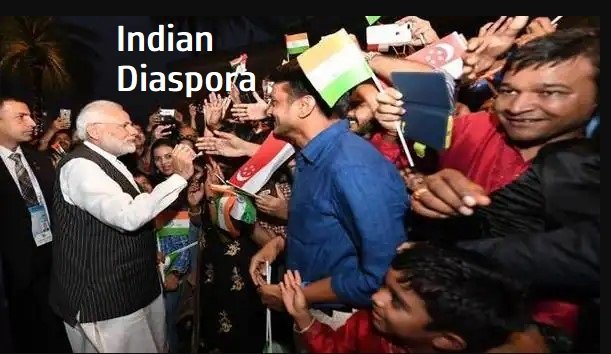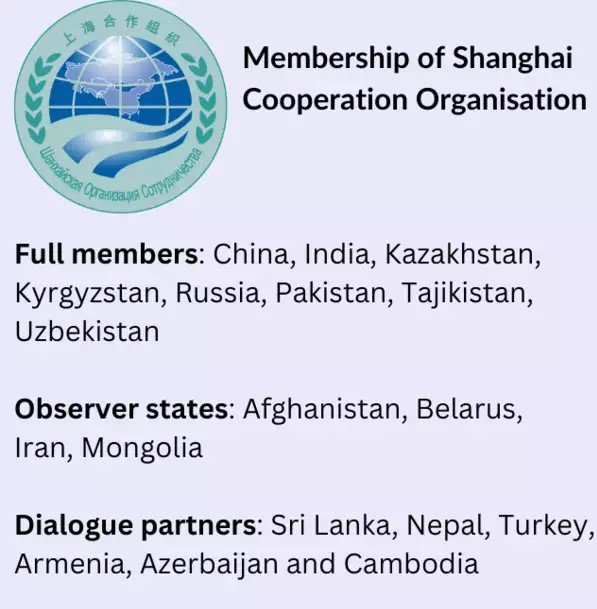India’s diaspora, one of the largest in the world, plays a significant role in the country’s overall development. These contributions […]
Category Archives: International Relations
The Indian diaspora, particularly in Western countries, has grown significantly in influence and numbers. This community plays a pivotal role […]
The Shanghai Cooperation Organization (SCO) is a Eurasian political, economic, and security alliance. While the SCO aims to promote cooperation […]
Track II diplomacy refers to unofficial, non-governmental diplomatic initiatives and dialogues conducted by non-state actors, civil society organizations, academic institutions, […]
Diplomacy is the practice of conducting negotiations, dialogue, and communication between states, governments, and other actors to manage international relations, […]
Confidence-building measures (CBMs) are diplomatic, military, or political actions taken by states or other actors to reduce tensions, build trust, […]
Weapons of Mass Destruction (WMDs) refer to a category of weapons that are capable of causing widespread destruction, death, and […]
Strategic and non-strategic relations refer to different types of partnerships or interactions between entities, such as states, organizations, or individuals, […]
Geopolitics is the study of the relationship between geographical factors, such as territory, resources, location, and physical features, and political […]
The concept of “balance of power” is a fundamental principle in international relations that describes a situation where states or […]




